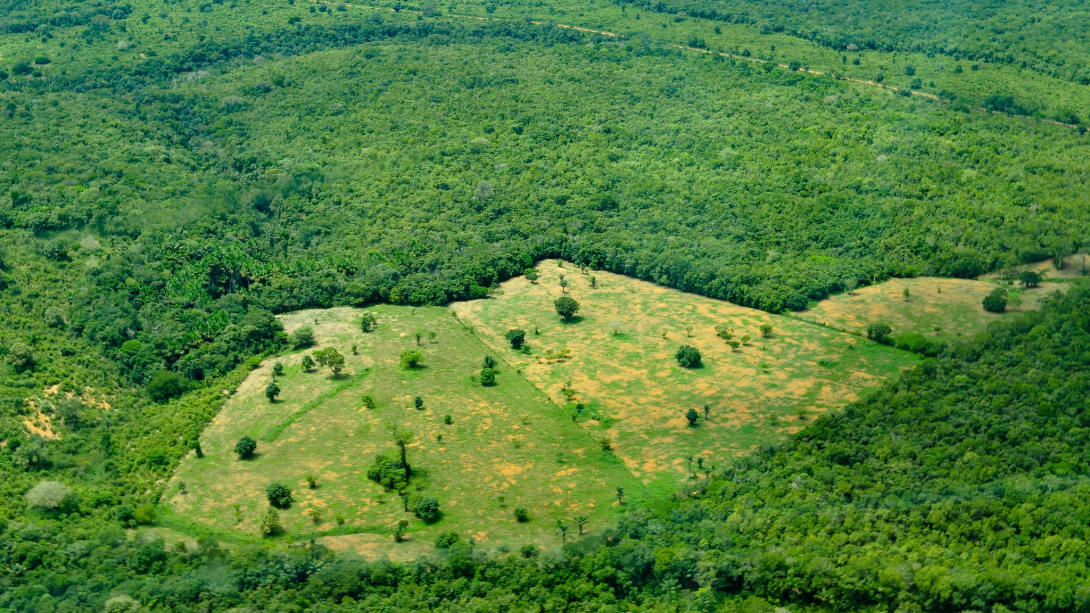The Nature Facility conducted research for the UK Foreign, Commonwealth and Development Office (FCDO) that analysed the economic revenues generated by environmental crime in the Amazon and its impact on ecosystems and communities. It generated recommendations to guide FCDO programmes towards critical areas of work in the Amazon.

Background
The magnitude of environmental crime in the Amazon is underestimated because of poor data. As a result, environmental crime is not fully considered in the design of conservation programmes, weakening efforts to achieve effective and sustainable management of the Amazonian ecosystem.
The impact of illegal economies in the Amazon lies not only in their economic value but also in their social effects and their capacity to generate norms that legitimise activities that harm ecosystems. Not integrating environmental crime into the design and implementation of conservation programmes creates gaps that hinder effective biodiversity protection.
Incorporating actions to address environmental criminality into conservation policies is essential to curbing increasing environmental pressures in the Amazon.
What did the Nature Facility do?
The Nature Facility provided evidence-based recommendations to the FCDO on how to incorporate the issue of environmental crime into the design of programmes and initiatives in the Amazon.
It analysed the economic magnitude of environmental crime in the Amazon and its impact on ecosystems and local communities. The research presents estimates of licit and illicit income generated by gold mining, beef cattle ranching, land grabbing and logging.
The research sets out recommendations for the FCDO to explore during the design of programmes, including:
- Developing a line of work on environmental crime within the FCDO, incorporating cross-cutting approaches to conflict sensitivity and human rights
- Applying an operating model that addresses the scale of the problem with a multi-year, multi-stakeholder and regional vision
- Working on social accountability processes to balance law enforcement with the protection of communities
- Providing institutional strengthening of the actors in charge of environmental crime control.
Authors: Virginia Reyes Gatjens and Shared Policies